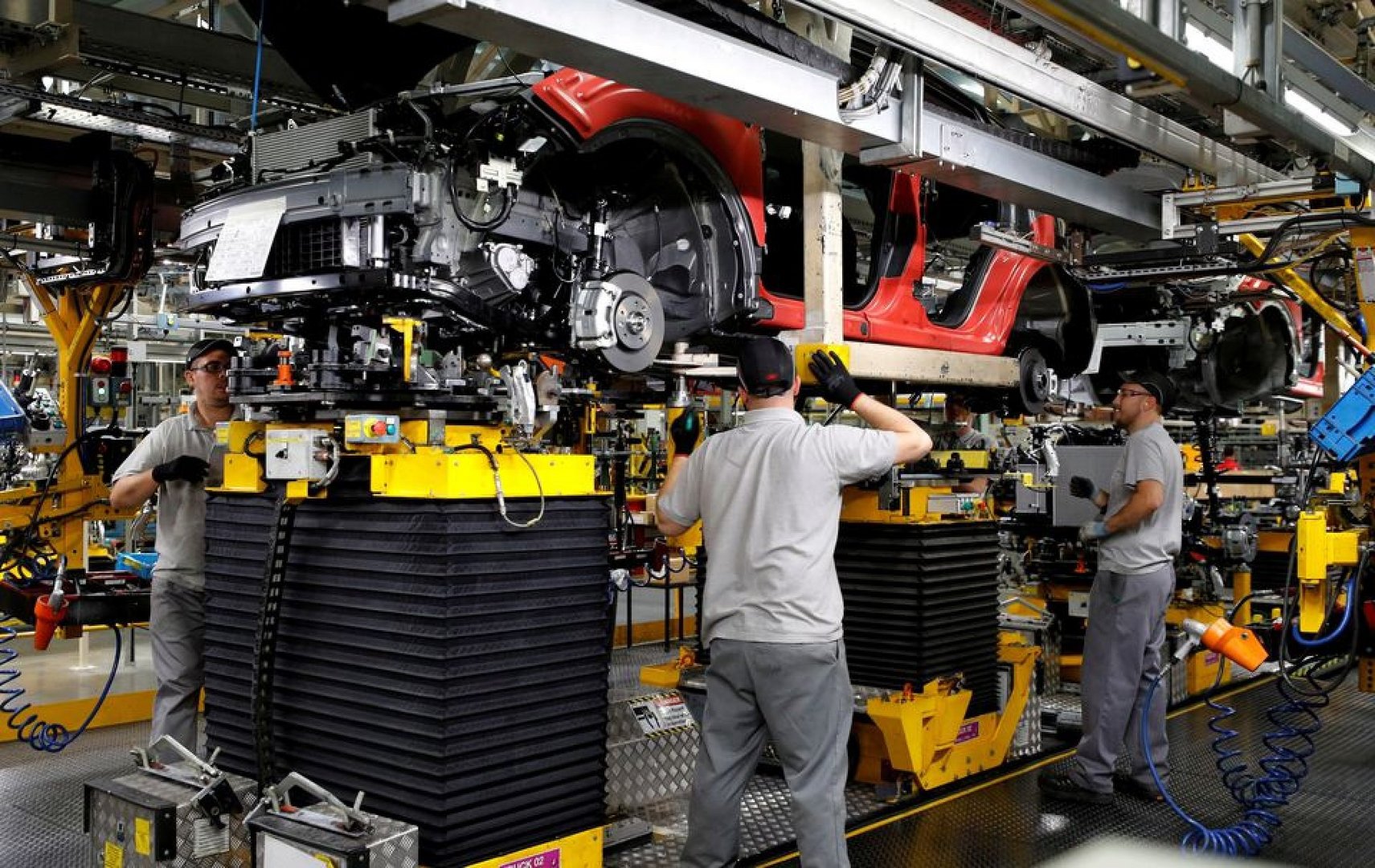British car output fell to its lowest July level since 1956 as a global shortage of semi-conductor chips and staff having to self-isolate due to COVID-19 hit the sector, a trade industry body said on Thursday.
Volumes dropped by an annual 37.6 per cent to 53,438 vehicles last month, according to the Society of Motor Manufacturers and Traders (SMMT), which also blamed the timing of summer factory shutdowns.
UK production over the course of 2021 is up by 18 per cent compared with the first seven months of 2020, when car factories were shut for long periods during the first national lockdowns. Yet at 552,400 units, it is 29 per cent below the 774,800 it reached over the same period in 2019 before the pandemic, according to a report in the Guardian.
Demand for new cars has stayed relatively strong during the coronavirus pandemic, but manufacturers around the world have struggled to keep producing because of problems in their supply chains, most notably in the months-long delays to computer chips, or semiconductors, that are used to control everything from windscreen wipers to electric car batteries within the car.
No large carmaker has been spared, and buyers are being forced to wait months for some new cars. German carmaker Volkswagen last week warned that it may have to scale back production further, after Japanese rival Toyota said that it would cut output by 40% in September.
As cases rose last month, hundreds of thousands of people were being “pinged” by the National Health Service’s contact-tracing app and instructed to self-isolate, although it has since been tweaked to reduce the numbers contacted.
“While the impact of the ‘pingdemic’ will lessen as self-isolation rules change, the worldwide shortage of semi-conductors shows little sign of abating,” said SMMT Chief Executive Mike Hawes.
said UK carmakers still faced “extremely tough conditions”.
“While the impact of the ‘pingdemic’ will lessen as self-isolation rules change, the worldwide shortage of semiconductors shows little sign of abating,” said Mike Hawes, the SMMT’s chief executive. The government could help the industry by reducing energy costs and business rates, he added.







Click here to change your cookie preferences